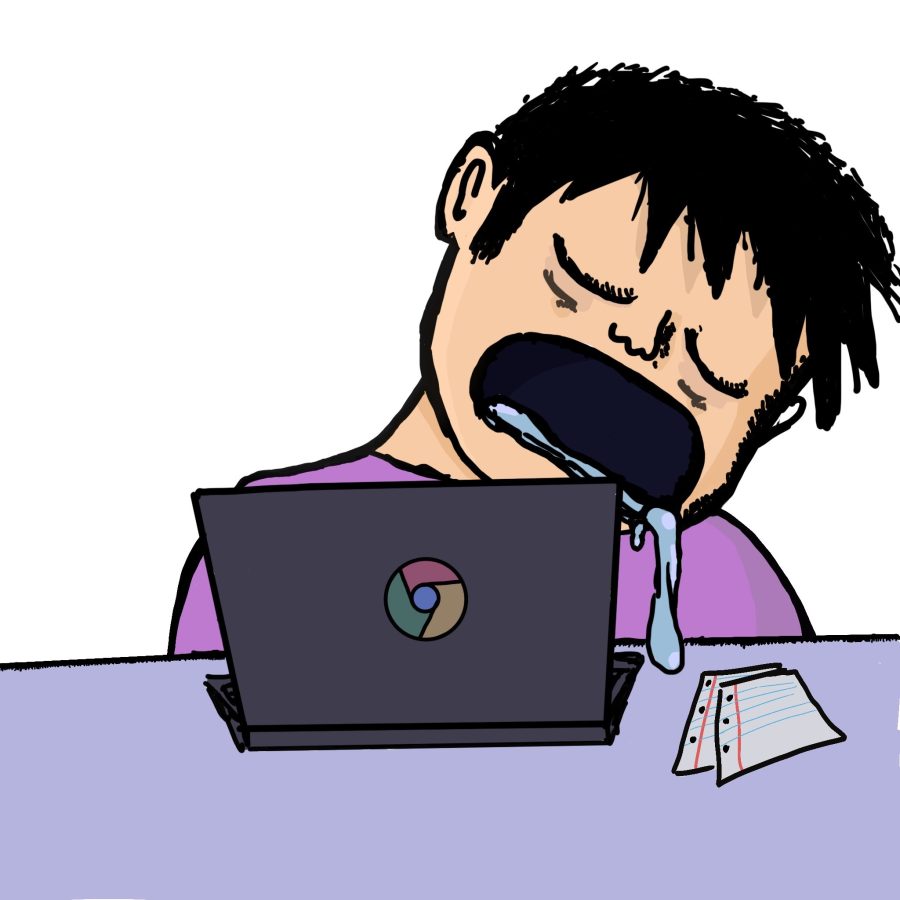My teachers always ask, “Do you understand what I just said?”
I hate this phrase. Not because it is objectively terrible but because it is often followed by a classwide silence permeated with the guilty sense of lying.
Saying, “No, I dozed off for the last five minutes wondering if I really am a Nigerian prince,” makes me sound like an idiot, which I’m not (obviously).
However, the problem is not with the sentence but what happens before it. Through personal experience, I’ve realized teachers often ramble about a subject they’re passionate about. If I don’t follow, I may accidentally end up daydreaming, brought back to reality only with a question so often posed it has almost become rhetorical. The teacher’s good intentions in asking this question are there. My concentration isn’t.
This issue has nothing to do with teachers, though. It’s the result of a flawed school system that treats teenagers as robots who can concentrate in class for hours at a time. Not even the math game 2048 can get me through more than an hour of geometry before an inevitable descent into pondering whether giving someone a supplement is twice as good as complimenting them.
Ninety-minute-long classes are hard. Sitting for that long is fatiguing, making concentration even more difficult. Schoolwork is bound to be less efficient with students constantly repositioning themselves in their seats, focusing more on their comfort than on how many books Johnny can buy if he has seven cents less than Mary, who has four cents.
However, breaks during class are a simple yet effective way to retain students’ attention span. A short, five-minute recess is enough to clear the mind and start afresh.
Some teachers have already implemented breaks so they too can rest, grade/collect homework, and possibly prepare their next set of slides on vandalism while students discuss how to hack the school Chromebook. However, a school-wide policy to require teachers to implement a five-minute break at least once per period would spread the benefits of breaks in every class.
No matter what happens during a break, both the teacher and students can focus better after, making it a win-win situation for everyone.
After I take breaks, I tend to be more focused and daydream less, and this applies to every scenario I can think of: classes, study sessions, homework sessions, and workouts. OK, I lied; I don’t know if it works with workouts because I have never exercised long enough to need a break from my five-minute walk.
In a world where students are forced to concentrate for up to 90-minutes per period, schools should require small breaks during classes to retain student engagement. It benefits both the students and the teachers and will minimize the problem of daydreaming and students being side-tracked. Plus, I get to fit in some rigorous walking.



